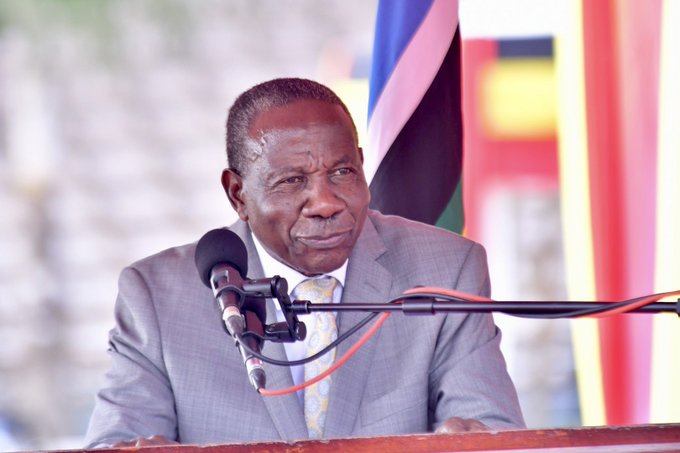Uganda has recorded a huge export increment during the year ending April 2024, from USD 2.534 billion to USD 7.71 billion, compared to USD 4.938 billion in April 2023, representing a 34% increase.
Matia Kasaija, the Minister for Finance, Planning, and Economic Development, revealed this while delivering the National Budget for the year 2024-2025 on Thursday, June 13, 2024, at Kololo Independence Ground.
Kasaija said the increment was primarily driven by the export of gold, coffee, oil re-exports, Sim-sim, tobacco, cotton, and light manufactured products.
“This increase was largely driven by the export of gold (75.7%), coffee (21.9%), oilier re-export (21.8%), sim-sim (20.2%), tobacco (10.3%, cotton (6.9%), and light manufactured products (4.9%),” Kasaija stated.
He also attributed the increase to efforts to increase value addition to exports, noting that exports of manufactured goods have continued to be important contributors to export earnings.
Kasaija noted that the East African Community (EAC) countries account for 29% of our exports, followed by the Common Market for Eastern and Southern Africa (COMESA) at 29%, the Middle East at 24%, and Asia at 20%.
He highlighted that in 2023 cement export reached USD 91.1M, sugar USD 75.8M, plastic products USD 52.6M, soap USD 33.9M, and Beer USD 25.8M.
However, according to Kasaija, this financial year (2023-2024), efforts to increase export performance have been strengthened through investing in targeted value-added initiatives and implementing several enabling trade policies.
The National Budget for Fiscal Year 2024/2025, totaling Shs72.136 trillion, is broken down into key priorities and allocations for various sectors. Human capital development emerged as the top priority, receiving Shs9.9 trillion (26.3%) for investments in education, healthcare, and skills development, while governance and security received Shs9.1 trillion (24.2%) to strengthen law enforcement and national security measures.















